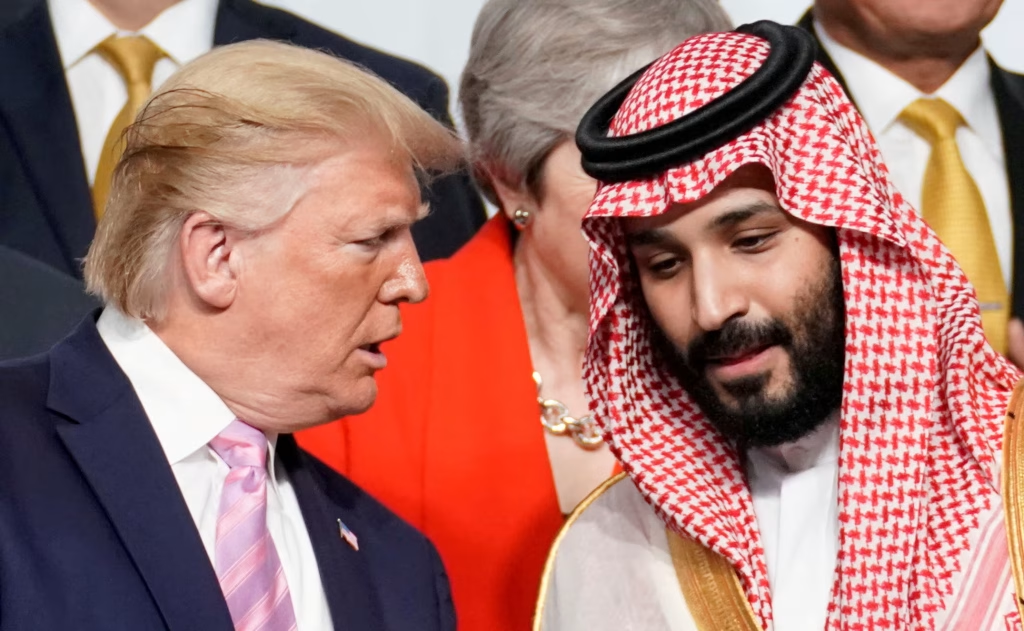Arab leaders will convene in Saudi Arabia on Friday to discuss a counterplan to US President Donald Trump’s controversial proposal to take control of Gaza and expel its residents. The proposal has united Arab nations in strong opposition, but disagreements may arise over the future governance of Gaza and the financial aspects of reconstruction.
Trump’s plan, which sparked international outrage, involves relocating 2.4 million Gazans to Egypt and Jordan while the Gaza Strip’s infrastructure is rebuilt. The Saudi source revealed that the summit would focus on devising a reconstruction strategy that rejects Trump’s approach.
The summit, initially involving Saudi Arabia, Egypt, the UAE, Qatar, and Jordan, has expanded to include all six Gulf Cooperation Council (GCC) nations and the Palestinian Authority. For Palestinians, any attempt to forcibly remove them from Gaza evokes painful memories of the “Nakba” in 1948, when hundreds of thousands were displaced.

A key issue at the summit will be Gaza’s reconstruction, which Trump cited as the justification for his controversial plan. While Egypt has not yet unveiled its own initiative, former Egyptian diplomat Mohamed Hegazy outlined a plan with three phases over three to five years.
The first phase would focus on recovery, debris removal, and the establishment of temporary safe zones. The second phase would involve international coordination to rebuild Gaza’s infrastructure. While the final phase would focus on urban planning, housing, and public services.
A UN estimate has pegged the cost of rebuilding at over $53 billion, with more than $20 billion required in the first three years. The plan also calls for launching a political track to implement a two-state solution and a sustainable ceasefire.
One of the biggest hurdles in implementing Egypt’s plan is securing sufficient funding. While some Gulf states like Kuwait may contribute humanitarian aid, others may demand conditions tied to financial support. The plan also addresses the future governance of Gaza, proposing a neutral Palestinian administration that is not aligned with any faction, with Palestinian Authority oversight.
Despite these efforts, significant divisions remain. Egypt envisions Gaza under the control of the Palestinian Authority, while Qatar believes the Palestinians themselves should determine Gaza’s future. Hamas, the militant group that has controlled Gaza since 2007, could complicate efforts to implement any plan that is acceptable to all parties.


